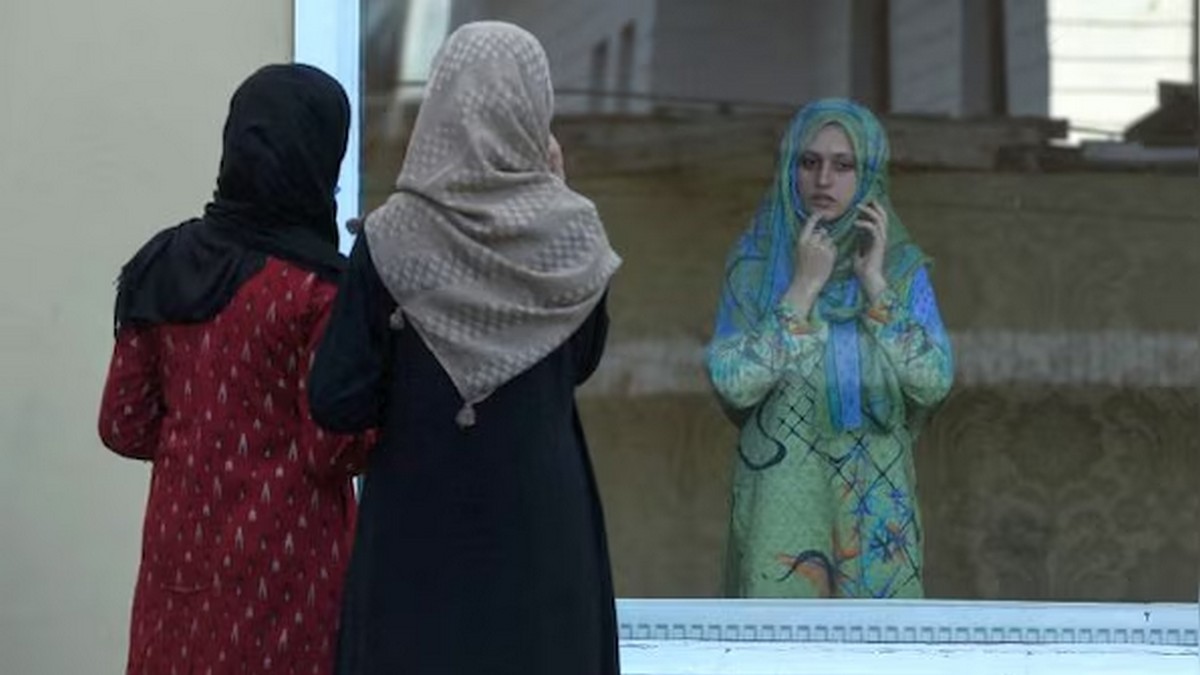Divorced Muslim women can now seek maintenance under Section 125 of the Code of Criminal Procedure (CrPC).
That’s what the Supreme Court has said in a landmark ruling.
The two-judge apex court bench of justices BV Nagarathna and Augustine George Masih said that divorced Muslim women can claim maintenance from their husbands under Section 125 of the Code of Criminal Procedure (CrPC).
The bench was hearing a plea from a Muslim man challenging a Telangana High Court order to pay maintenance of Rs 10,000 per month.
The judges delivered separate but concurrent rulings.
But what did the court say? Why is this a landmark ruling? And what is the link to the Shah Bano case?
Let’s take a closer look:
What did the court say?
The court ruled that Section 125 of the CrPC – which deals with wife’s legal right to maintenance – covers all married women regardless of their religion.
As per NDTV, Section 125 stipulates that an individual with sufficient means cannot deny maintenance to their wife, children or parents.
“We are hereby dismissing the criminal appeal with the major conclusion that Section 125 would be applicable to all women and not just married women,” Justice Nagarathna said while pronouncing the verdict.
The court was hearing the plea of one Mohd Abdul Samad.
As per Live Law, Samad in the Telangana High Court contended that a divorced Muslim woman is not entitled to maintenance under Section 125 of CrPC.
Impact Shorts
More ShortsSamad said a divorced Muslim woman must instead invoke the provisions of the Muslim Women (Protection of Rights on Divorce) Act, 1986.
Samad also argued that the it is settled position that a special law – in this case the 1986 act – supersedes a secular law.
Samad further claimed that the 1986 Act – Section 3 of which deals with mehr, dowry and return of property – is more beneficial to Muslim women than Section 125 of CrPC.
Samad argued that the 1986 law makes a “reasonable and fair” provision for the divorced woman’s entire life that Section 125 of the CrPC does not.
Samad also said a divorced woman of “sufficient means” cannot file for maintenance under Section 125 of the CrPC.
However, that is not the case with Section 3 of the 1986 law.
But amicus curiae Gaurav Agarwal argued that Muslim personal law does not take a woman’s right to seek relief under the gender-neutral CrPC, as per NDTV.
As per Live Law, Samad took the matter to the high court after the family court ordered him to pay an interim maintenance of Rs 20,000 per month.
Samad challenged the family court order on the grounds that the couple had divorced in 2017 under Muslim personal law.
Samad said there was a divorce certificate to that effect, but it was not considered by the Family Court, which ordered for payment of interim maintenance.
The high court then lowered the maintenance to Rs 10,000 per month and ordered the family court to dispense with the matter in six months.
But Samad then challenged the high court ruling in the Supreme Court.
Why is this a big deal? What’s the link to Shah Bano?
Because the apex court has ruled that the Section 125 of the CrPC, a secular law, in effect supersedes the Muslim Women (Protection of Rights on Divorce) Act 1986 – a special act that governs the community.
The Muslim Women (Protection of Rights on Divorce) Act, 1986, was introduced to override the landmark Shah Bano ruling by the Supreme Court.
The apex court in the 1985 Shah Bano case ruled that Section 125 of CrPC applies to everyone regardless of their religion.
But the then Rajiv Gandhi government introduced the 1986 Act to dilute the Supreme Court ruling.
The law stipulated that the Muslim woman can seek maintenance only during iddat – 90 days after the divorce.
The Supreme Court further upheld the legality of the 1986 law in 2001.
However, the apex court also said that the man was duty bound to provide maintenance to his ex-wife until she remarries or can support herself.
The bench also said maintenance is not charity but the right of divorced women.
“Some husbands are not conscious of the fact that the wife, who is a homemaker, is dependent on them emotionally and in other ways. The time has come when the Indian man must recognise a homemaker’s role and sacrifice,” Justice Nagarathna added as per NDTV.
As per Bar and Bench, the court also said that if a Muslim woman is divorced during the pendency of a petition under Section 125 of the CrPC, she can seek relief under the Muslim Women (Protection of Rights on Marriage) Act, 2019.
The bench ruled that the remedy under the 2019 Act is in addition to the remedy under Section 125 of the CrPC.
The bench had reserved its verdict on February 19 after hearing senior advocate Wasim Qadri for the petitioner.
It had appointed advocate Gaurav Agarwal as amicus curiae in the matter to assist the court.
With inputs from agencies


)

)
)
)
)
)
)
)
)



